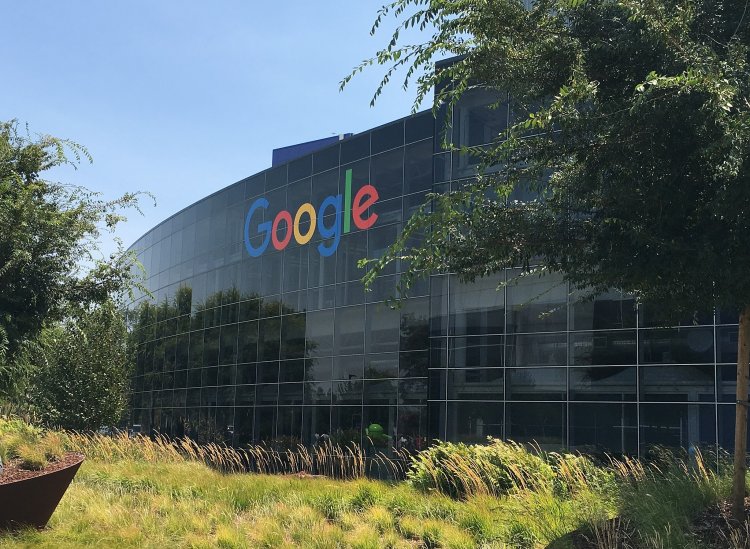Gonzalez v. Google: US Supreme Court hears landmark case on corporate liability of tech companies for harmful content.

24-02-2023
Patricio Trincado Vera
International Justice and Human Rights Researcher
Global Human Rights Defence
On the 21st of February, the Supreme Court of the United States of America heard the opening arguments of the Gonzalez v. Google, a case that could set a precedent for corporate liability of social media corporations. Since most of these companies that dominate the Internet worldwide are based in the US, the outcome of this judgement could have an impact on how human rights are protected in the digital space.
The case is linked to the tragic death of Nohemi Gonzalez, a 21-year-old exchange student that was killed during the ISIS Paris attack in November 2015. Her family, the plaintiff in this case, argues that Google is liable for the promotion of ISIS related content through its YouTube algorithm. Google’s defence is mainly based on Section 230, a federal law from 1996 that states that tech companies are not liable for their users' posts.
The relevance of this case relies on a possible revision of the US-approach on Internet governance. Currently, the US has relied heavily on a self-regulation approach that grants a high degree of autonomy to tech companies. Under this conception, social media corporations are understood as intermediaries that provide a service to users who produce content. Content moderation is voluntary and depends almost entirely on the guidelines that the company imposes on itself. The absence of liability provided by Section 230 falls within this approach, ensuring corporations a wide degree of freedom with respect to content moderation.
If the Supreme Court rules in favour of the Gonzalez family and against Section 230, this self-regulatory approach may shift toward co-regulation, which has already been adopted in the European Union. This approach entails an explicit state regulatory regime that includes multiple stakeholders, including corporations, but also advertisers and consumer organisations.
Furthermore, the judicial derogation of Section 230 may also imply the adoption of the UN Guiding Principles on Business and Human Rights into the US-Supreme Court case-law, a step that has already been taken by the Inter-American Court of Human Rights in the Miskito Divers case. These principles are grounded in three pillars: the state duty to protect human rights, the corporate responsibility to respect human rights, and the access to remedies. Specifically with regards to corporations, these principles state that companies have to adopt adequate measures for the prevention, mitigation, and remediation of human rights violations in the context of their business activities. For tech companies, such as Google, this would mean a duty to revise their algorithm and content moderation policies.
Sources and Further Reading:
Cat Zakrzewski, Robert Barnes (2023, February 21). Supreme Court hears a case that could transform the internet. The Washington Post. Retrieved February 24, 2023, from https://www.washingtonpost.com/technology/2023/02/20/google-v-gonzalez-section-230/
Matt Southern (2023, February 21). Tech Giants On Trial: Why Gonzalez v. Google Matters. Search Engine Journal. Retrieved February 24, 2023, from https://www.searchenginejournal.com/tech-giants-on-trial-why-gonzalez-v-google-matters/480500/
Daniela Stockman (2022, February 11). Tech companies and the public interest: the role of the state in governing social media platforms. Information, Communication & Society, Volume 26, 2023. Retrieved February 24, 2023, from https://www.tandfonline.com/doi/full/10.1080/1369118X.2022.2032796
Patricio Trincado Vera (2022). Business and Human Rights in the Inter-American System of Human Rights. Global Human Rights Defence. Retrieved February 24, 2023, from https://ghrd.org/uploads/reports/pdf/071c5fa2e87c29a792a2383bac8d1ee5.pdf

































